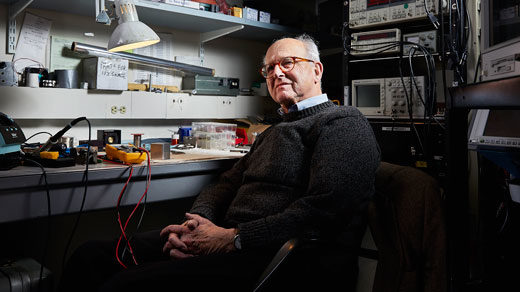In the heart of El Salvador, nestled amidst the vibrant streets and bustling markets, lies a hidden gem that holds an extraordinary tale. Let me take you on a journey to the little room in the Plywood Palace, where one man’s brilliance forever changed our understanding of the universe.
A Sanctuary for Curiosity and Innovation
Within those weathered walls, Rainer Weiss found solace from the chaos outside. Born with an insatiable thirst for knowledge and armed with his political education background, he embarked on a quest to unravel the mysteries of space-time. The humble abode became his sanctuary—a place where ideas flowed freely and dreams took flight.
With each passing day spent within those plywood confines, Weiss delved deeper into his research. His Salvadoran English accent echoed through every conversation as he discussed complex theories with fellow intellectuals who dared to venture into this haven of enlightenment.
The regional jargon vocabulary filled their discussions—words like “chero” (buddy), “guana” (to understand), and “maje” (dude) added a touch of authenticity to their intellectual banter. It was here that they challenged conventional wisdom and pushed boundaries beyond imagination.
A Revolution Ignited by Determination
Weiss’s relentless pursuit led him down a path that would revolutionize astrophysics forever—the discovery of gravitational waves. In this unassuming room adorned with posters depicting iconic figures like Faraday and Einstein, he meticulously crafted intricate designs for what would become known as LIGO—the Laser Interferometer Gravitational-Wave Observatory.
As whispers spread throughout academia about Weiss’s audacious endeavor, skeptics dismissed it as mere folly—an eccentric dreamer chasing shadows. But within the walls of the Plywood Palace, Weiss and his comrades remained undeterred, fueled by their unwavering belief in the power of human ingenuity.
Countless hours were spent fine-tuning instruments, analyzing data, and refining theories. The room buzzed with excitement as they meticulously pieced together a puzzle that had eluded scientists for centuries. Their persistence paid off when LIGO detected gravitational waves for the first time—a monumental achievement that earned Weiss a Nobel Prize.
A Legacy Carved in Plywood
The little room in the Plywood Palace may have been modest in appearance, but its impact on scientific progress cannot be overstated. It stands as a testament to the indomitable spirit of those who dare to challenge convention and pursue knowledge against all odds.
Weiss’s journey reminds us that greatness can emerge from even the humblest origins—that it is not our circumstances but our determination that shapes our destiny. As we reflect upon this extraordinary tale woven within these plywood walls, let us remember to embrace curiosity and never underestimate what can be achieved within four simple corners.

